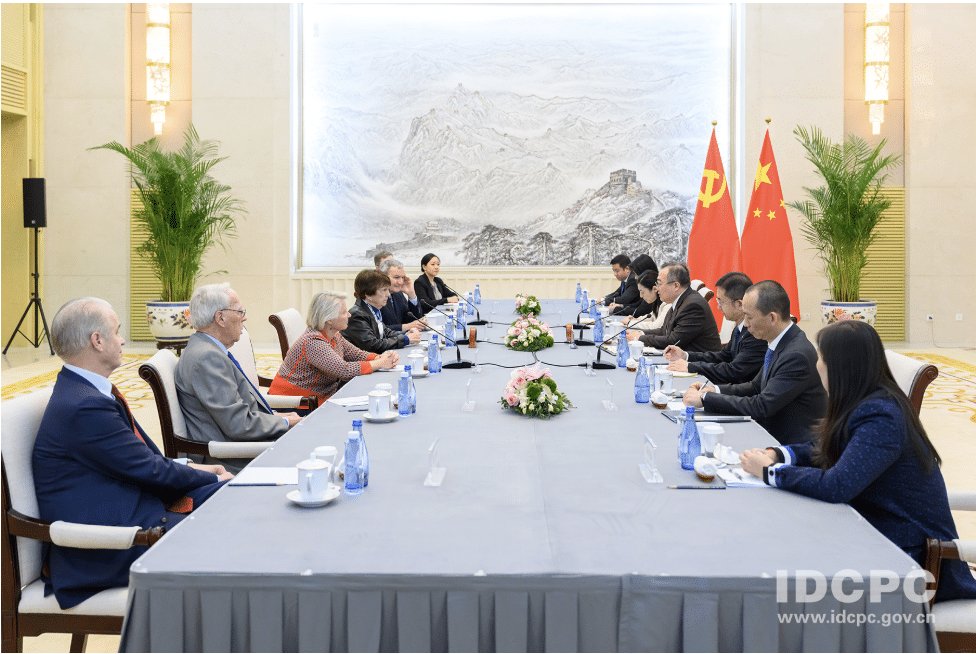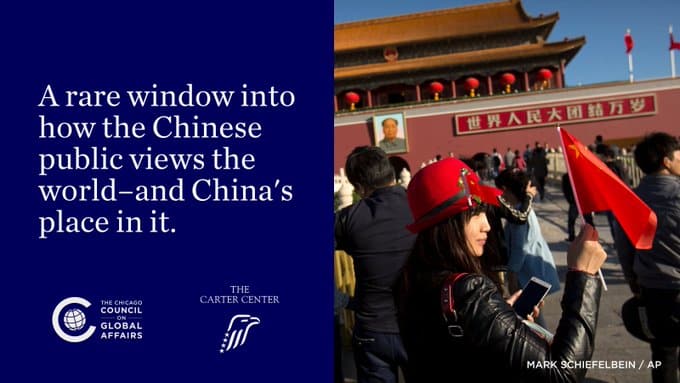Joint Quest For Global Peace Can Keep Bilateral Relations On Course
Chinese President Xi Jinping returns to the US in late March to gather with leaders of 50 other nations at the 2016 Nuclear Security Summit.
That’s good news. In these difficult and dangerous times, it’s important for the US and China to work collaboratively on shared global challenges. Too often, US politicians focus on our differences with China, but in fact, the two nations already cooperate in key areas. China played an important role in the negotiations with Iran over its nuclear program. Washington and Beijing worked together in the landmark Paris Climate Summit. China also recently supported a US-led UN Security Council resolution to impose additional sanctions on North Korea.
Less talked about but also meaningful are joint China-US efforts to secure peace and fight disease in Africa. Alongside US aid to combat the 2014 Ebola outbreak, China offered generous support in cash, equipment, and personnel. West African countries, China, the US, and the UN joined forces to stop a pandemic.
Since December 2013, there has been near-constant strife in South Sudan. Again in partnership with regional African states, US and Chinese diplomats have worked together to bring the warring parties to the peace table and prevent a regional crisis. A model of constructive African-led action, backed by China and the US, is slowly emerging.
The Carter Center works in a wide array of African countries. Throughout the continent, the growing presence of China is evident. It is building roads, offering public health assistance and providing peacekeepers. While many Africans and their governments welcome Chinese engagement, some in the Africa and elsewhere have accused China of practicing neocolonialism.
It is counterproductive for those of us in the US to heap criticism on China’s actions in Africa when we could do more to see that our two countries cooperate on the continent. Common interests of development, trade, anti-piracy, and counter-terrorism overlap more than they compete.
China and the US can join forces to promote development in Africa, but they can also collaborate to wage peace. The Carter Center sent missions to observe presidential elections in Guinea in 2010 and legislative elections in Cote d’Ivoire in 2011. On both occasions, China sided with the international community in holding the losing party to the electoral verdict. In December 2014, in a move supported by the US, China deployed combat troops as part of the UN peacekeeping mission to South Sudan, an indication of how seriously both countries take peace there.
During the recent Forum on China-Africa Cooperation, China’s annual meeting with African countries, a number of African leaders reportedly asked Xi to become more involved in fostering peace on the continent. At a recent Carter Center conference on cooperation between Africans, Chinese, and Americans, Xi’s special representative for African affairs, Zhong Jianhua, acknowledged that China is new to promoting peace in Africa. It will take time to learn new procedures and adapt to changing realities. But he said China is ready and willing to absorb from the UN and others the hard-earned lessons of the conflicts in the Democratic Republic of Congo, Liberia, Rwanda, and elsewhere.
China’s goodwill, such as Xi’s pledge last September of $100 million to African Union peacekeeping, should receive our support. Recognizing China’s burgeoning role as a player for peace in Africa would do much for the continent while building mutual respect and future collaboration between two superpowers. Peace is, after all, the ultimate win-win.
Jordan Ryan is our colleague and vice president for peace programs at the Carter Center.
By JORDAN RYAN Apr. 1, 2016 on Global Times
Read more here








